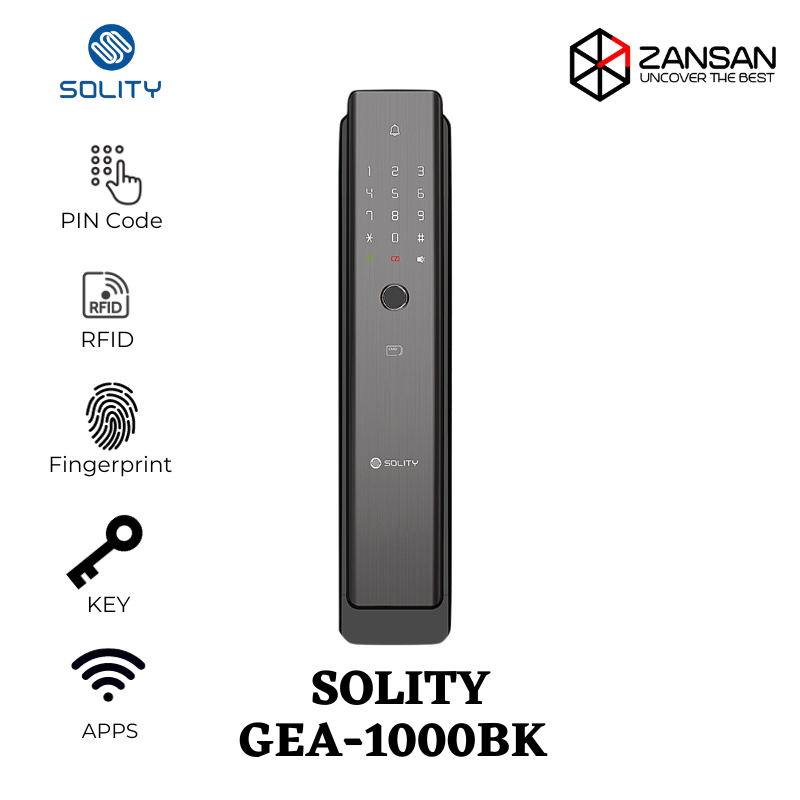The history of digital door locks is a fascinating journey that mirrors the evolution of technology and security measures over the years. From mechanical locks to sophisticated digital systems, the development of door locks has been driven by the need for more secure and convenient ways to protect our homes and businesses. This narrative explores the origins, evolution, and future of digital door locks, shedding light on how they have become an integral part of modern security solutions.
Origins and Early Developments
The concept of securing a door to prevent unauthorized entry is as old as the concept of privacy and property. Mechanical locks, using keys and tumblers, have been around for thousands of years, with early examples dating back to ancient Egypt and Babylon. However, the leap to digital technology in door locking mechanisms didn’t happen until the electronic revolution of the 20th century.
The first digital door locks were developed in the 1970s, coinciding with the advent of digital electronics. These early models were rudimentary by today’s standards, often using keypads with magnetic or electronic keys. The primary advantage of these systems was that they could be reprogrammed, offering more flexibility than traditional mechanical locks. Users could change codes instead of having to physically alter or replace locks when security was compromised.
Technological Advancements
The 1980s and 1990s saw significant advancements in digital technology, which were quickly incorporated into digital door lock systems. Microprocessors and more sophisticated encryption algorithms made these locks more secure and harder to bypass without authorization. Additionally, the integration of memory chips allowed for the storage of multiple codes and the tracking of entry and exit, enhancing both security and convenience.
During this period, the concept of keyless entry began to gain popularity, especially in the automotive industry, which later influenced residential and commercial lock designs. This era also marked the introduction of biometric systems, such as fingerprint scanners, which added a new layer of security by using unique personal identifiers as keys.
The Rise of Smart Locks
The 21st century has been characterized by the rise of smart technology, and digital door locks have been at the forefront of this trend. The proliferation of smartphones and the Internet of Things (IoT) has transformed digital locks into smart locks, capable of being controlled remotely through mobile apps. These locks offer unprecedented levels of convenience, allowing users to lock and unlock doors from anywhere in the world, set temporary access codes for visitors, and receive alerts about lock activity.
Smart locks today often incorporate multiple methods of entry, including keypads, biometric scanners, and traditional keys, providing backup options in case of technology failures. They also feature advanced encryption and security protocols to protect against hacking and unauthorized access.
Security Concerns and Solutions
As digital door locks have evolved, so have the methods used to compromise them. Hackers and criminals have developed sophisticated techniques to bypass digital security measures. In response, manufacturers have continually enhanced their encryption methods and security features. Today’s digital door locks often include tamper alarms, auto-locking features, and integration with home security systems for added protection.
The Future of Digital Door Locks
Looking forward, the future of digital door locks seems to be intertwined with further advancements in technology. Biometric recognition is expected to become more sophisticated, potentially incorporating facial recognition and even heartbeat sensors. Artificial intelligence (AI) could offer predictive security measures, automatically adjusting lock settings based on user behavior and perceived threats.
Moreover, the integration of digital door locks with smart home ecosystems is likely to become more seamless, offering users a more intuitive and holistic approach to home security. As technology continues to evolve, the potential for new and innovative security solutions seems limitless.
The history of digital door locks is a testament to human ingenuity and the relentless pursuit of better security solutions. From the mechanical locks of ancient civilizations to the smart locks of today, the evolution of door locks reflects broader technological advancements and changing societal needs. As we look to the future, digital door locks will undoubtedly continue to play a crucial role in securing our homes and businesses, embodying the perfect blend of convenience, security, and technological innovation.
History of Digital Door Locks
